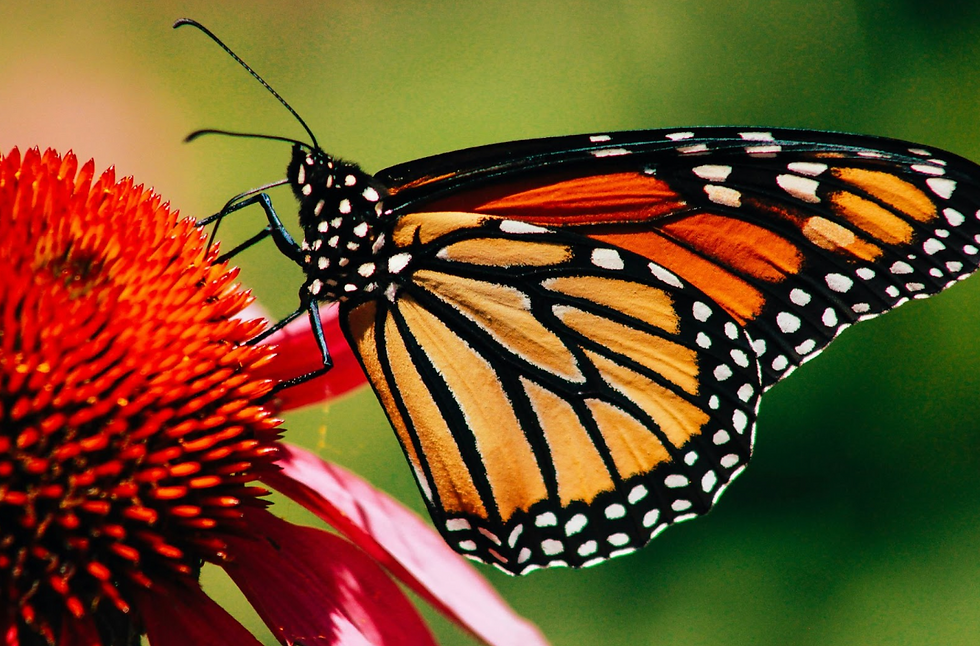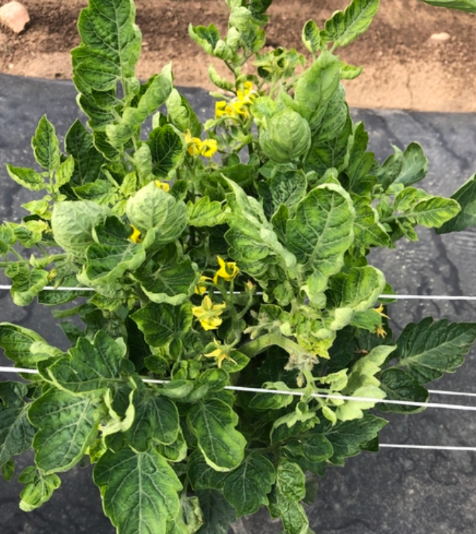Biotechnology, the future of food or the downfall of the ecosystem?
- innovatewithstem12
- Feb 25, 2025
- 4 min read
by Emmy H
Published 24th February 2025
Biotechnology, which is the future of food, may have some drawbacks. It may be difficult to understand, but it is simply technology combined with biology—how technology can improve our health. Though it is a newer subject than chemistry and physics, it has done wonders for the world. Using biotechnology, scientists can modify the genetics of animals and plants. They can make plants immune to diseases, add more nutrients, and create a longer shelf life. Biotechnology has brought many benefits to our world, but it has also led to side effects, including allergies and undetermined health issues. Before purchasing a genetically modified potato, it’s important to understand the reasons for the modifications and consider your decision carefully.

Biotechnology has greatly improved our lives in many ways; one of the ways is how it can eliminate the need for pesticides. Pesticides are substances used to manage plant and animal pests. Some examples of pesticides are insecticides, herbicides, fungicides, and rodenticides. Pesticides control the amount of plants or animals, but a side effect is how much pollution is put into the ecosystem with pesticides. Genetically modified organisms (GMOs) can reduce pesticide use and pollution while producing healthier, resistant crops. They offer a vital solution for increasing food security with less environmental impact. Biotechnology would create crops immune to all types of diseases and pests that can damage the crops. By creating crops resistant to diseases, biotechnology can reduce the loss of crops and ensure a more stable food supply. With the increase of GMOs, more food can be used, reducing food poverty. GMO foods also allow foods to last longer and look more appealing to the eye. Thanks to the brighter colors and better taste, made from altering or combining genes, consumers are more likely to purchase them.
An example is potatoes. GMO potatoes have been altered to resist diseases, bruising, and browning. While browning doesn't change the taste or quality of the potato, many consumers would not purchase it because it is unattractive and looks spoiled. Biotechnology allows GMO foods to be more accessible at a lower price compared to organic foods, which haven't been genetically altered. These points make sense, and it makes sense that biotechnology will be the future, but important concerns need to be addressed.

Though biotechnology has greatly improved our lives through food, it has also raised some controversial topics. One is how it can cause an allergic reaction. If the genes of a nut are combined with corn, there is a small chance that someone with a nut allergy will react to the modified corn. Regulations have been set so that no allergic reactions can occur when combining two genes into one food, but many still fear this. Another topic is how modifying food can affect the natural toxicants that exist in it.
A memorable example is the Lenape potato, from 1967 by the U.S. Department of Agriculture. It was great for potato chips, but in the following years, two Canadians discovered the high levels of glycoalkaloid, a nitrogen-containing compound found in tomatoes, potatoes, and eggplant; it was twice the normal amount found in regular potatoes. Consuming high glycoalkaloid levels can cause serious illnesses such as flu-like symptoms; therefore, the Lenape was pulled from the public. The Lenape potato was one of the many problems that came along with GMO foods that caused a problem for the public. The last concern is how genetically modified crops can negatively impact the ecosystem. Using genetically modified crops resistant to pesticides can lead to the emergence of 'superweeds,' which are also resistant to pesticides. Besides making weeds immune to pesticides, GM crops, and pesticides destroy the habitats of non-target organisms in soil and water.

An example is the Monarch Butterfly population. When the expansion of a genetically modified, pesticide-tolerant corn and soy crop is paired with pesticides, it can deeply affect the butterflies' habitat. Over the years, fewer butterflies have bred due to pesticides, as they kill the milkweed needed for the butterfly to breed. The Monarch Butterflies are one of the many species that had their natural habitat affected by GMOs. The Monarch butterflies can pollinate plants. Without the butterflies, we would not be able to enjoy fruits and vegetables. With the loss of species, we create disturbance in the life cycle of insects. The loss of biodiversity makes crops more vulnerable.
In conclusion, biotechnology in agriculture has its benefits and faults. While biotechnology increases shelf life and is affordable, it can increase the risk that more natural toxicants can appear in your food and can lead to serious illnesses. Most foods in your grocery store could be GMO foods considering how cheap they are to grow and how pleasing they are to consumers. Given both the advantages and disadvantages, will you consider purchasing GMO or organic foods?
Work Cited
“Biotechnology Faqs.” Home, www.usda.gov/farming-and-ranching/plants-and-crops/biotechnology/biotechnology-faqs#:~:text=How%20is%20Agricultural%20Biotechnology%20being,control%20simpler%20and%20more%20efficient. Accessed 17 Feb. 2025.
Doyle, Jack. “Potential Food Safety Problems Related to New Uses of Biotechnology.” Biotechnology and the Food Supply: Proceedings of a Symposium., U.S. National Library of Medicine, 1 Jan. 1988,
“Environmental Impacts.” CBAN, cban.ca/gmos/issues/environmental-impacts/#:~:text=Biodiversity%20Loss%3A%20The%20use%20of,monarch%20butterfly%20in%20North%20America. Accessed 17 Feb. 2025.
Nezhmetdinova, F. T., et al. “Risks of Modern Biotechnologies and Legal Aspects of Their Implementation in Agriculture.” BIO Web of Conferences, EDP Sciences, 28 Feb. 2020, www.bio-conferences.org/articles/bioconf/full_html/2020/01/bioconf_fies2020_00227/bioconf_fies2020_00227.html#:~:text=use%20of%20biotechnological%20seeds%20may,or%20other%20negative%20environmental%20impacts.
“Pesticides.” National Institute of Environmental Health Sciences, U.S. Department of Health and Human Services, www.niehs.nih.gov/health/topics/agents/pesticides. Accessed 17 Feb. 2025.





Comments